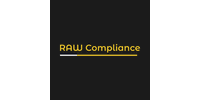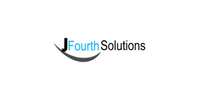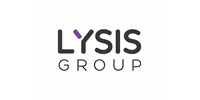What does it take to be a Compliance Officer?
That is the 50 million dollar question....
Within compliance the scope of Roles and Responsibilities are increasingly diverse. The types of roles and technical skill sets have grown beyond anything we could have imagined, even 5-10 years ago.
Traditionally we had the Compliance Officer who had been side moved from a legal, accounting or audit roles to cover the role for regulatory purposes as a necessary tick box. Job Descriptions stated the same old: "legal experience" and, "understanding of regulations".
Compliance originally sat under legal, but then began to emerge in its own right as a department following increased regulatory and enforcement focus.
With that evolution the expected competencies of the compliance officer developed, for example:
- To be a front office advisory officer, you need a strong understanding of the products and services coupled with regulation application – not just local, but in the many jurisdictions you operate. Understanding cross border requirements are becoming ever more prevalent. In addition you need incredibly good interpersonal skill sets – communication is king.
- To be a competent AML compliance officer you need to be tracking the constantly evolving regulatory and enforcement landscape and typologies. You need to understand products, how they are used, distribution channels, and then identifying black spots which money launderers might use if you want your controls to be proactive and not reactive. You also need to be able to translate your thinking to be understood by many different people and departments across the business.
- Data Analysts have to be able to review large fragmented data with more than one source of the truth without corrupting the information.
- Senior Management/CCO: you are being a public spokesperson for compliance. You are the face of compliance. Having strong project management capabilities is key, as well as needing communication, leadership and mentoring skill sets.
- Research compliance is in very limited timeframes - understanding restricted list and watchlist requirements, reading through the language used in the research, understanding when there is a need to review the analysts model, then where needed, asking for and understanding how that has been scoped and created. This requires key attention to detail and understanding what is happening in the public versus private arenas.
Now we are seeing that the need for regulatory understanding or even products for certain roles isn't even required.
But yet we still hear of candidates being rejected for compliance roles because of a lack of experience in compliance.
This webinar will focus on:
- The need for a broad range of skill sets in compliance
- What are the core skill sets for being a compliance officer
- The importance of healthy challenge in innovation
- The absolute necessity for soft skills



